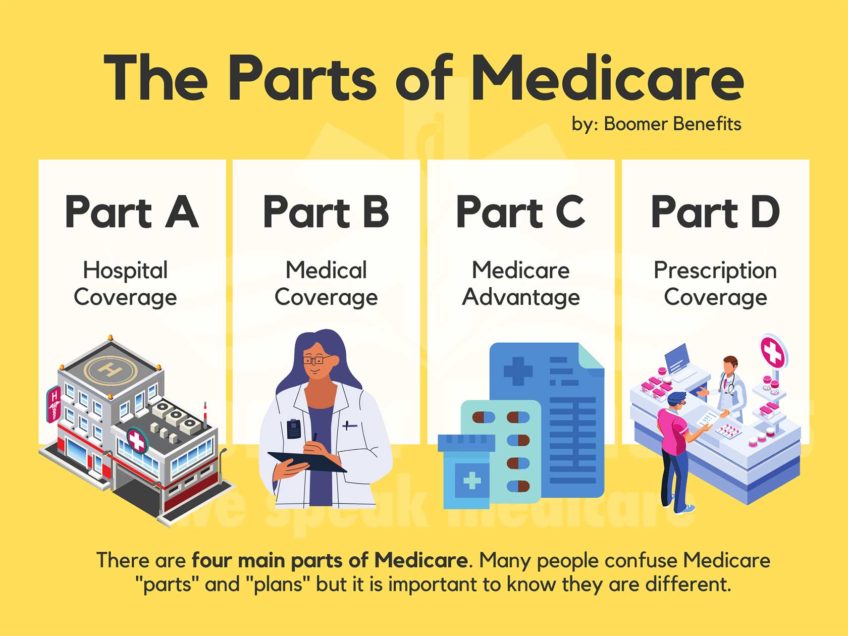

Brigham and Women’s Hospital cardiologist Eldrin Lewis, M.D., M.P.H., tells patients that one or more lifestyle changes can dramatically reduce their risk of developing heart disease.
Brigham and Women’s Hospital cardiologist Eldrin F. Lewis, M.D., M.P.H., specializes in evaluating patients with heart failure. His goal, however, is to prevent patients from ever needing his expertise.
Knowing that high blood pressure (hypertension) is the biggest risk factor for heart failure, Dr. Lewis tells his patients that they’ll dramatically reduce their risk of developing heart disease if they follow a few simple guidelines. “Eliminate excuses from your vocabulary,” says Dr. Lewis.
What is high blood pressure and why is it important?
Hypertension occurs when blood flow force is too high and stretches the walls of the blood vessels. The ”top number” measures pressure when the heart beats, and the ”bottom number” measures pressure when the heart relaxes. An elevated level for either measure is cause for concern. Normal is 120/80 (or less), and elevated is 140/90 (or more). Left untreated, high blood pressure can cause heart attacks, stroke, kidney failure or heart failure.
African American adults are more than 44 percent more likely to have hypertension than non-Hispanic whites. Some of this difference may be due to genetics, but obesity, inactivity, tobacco and alcohol use, stress and salt intake are all modifiable risk factors for developing hypertension.
Unfortunately, many people are unaware of their blood pressure levels. Since mild to moderate hypertension usually doesn’t come with any symptoms, you won’t know whether you have it unless you get your blood pressure checked. This lack of warning, combined with a failure to get regular check-ups, is why an estimated 30 percent of African Americans are unknowingly living with hypertension. And only half of all people with hypertension have it under control.
There’s no excuse for not knowing your blood pressure, says Dr. Lewis. Everyone should have their blood pressure checked at least once a year, and thanks to President Obama’s new health care law — the Affordable Care Act — you can get your yearly physical for free. People at risk or who have already been diagnosed with hypertension, however, should check their blood pressure more frequently. This can be done at your doctor’s office or on your own.
Get active
“Obesity is a normal response to an abnormal environment,” explains Dr. Lewis.
We now live in a world where it’s easy to be inactive. This is why you should be vigilant about incorporating exercise into your daily life. Take the stairs instead of the elevator. Park a bit farther away and walk to the store instead of searching for the closest parking spot.
Start small and then build more physical activity into your day. And be sure to do something you enjoy. Whether it’s dancing, yoga, walking, biking, swimming or hiking, before you know it, you’ll reach the recommended 30 minutes of physical activity every day.
Exercise also is a great stress reducer, which is yet another factor in helping prevent heart disease. Aerobic exercise is great for strengthening the heart, but exercises such as tai chi and yoga are great for relaxing the body and mind. Approximately two and a half hours of exercise per week will reduce stress, blood pressure, and improve how you feel.
Know what you’re eating
Dr. Lewis advises patients to “stay lower on the food chain.” Aim for foods that are in their natural state, like fruits and vegetables. Avoid processed foods, which are often high in salt, sugar and saturated fat. Look at the labels and search for low sodium options (e.g., frozen vegetables instead of canned foods).
You also should focus on reducing your calorie intake. By reducing your consumption by 500 calories a day, you’ll eliminate 3,500 calories a week — roughly the equivalent of one pound of body weight. This might seem like a daunting task, but if, for example, you replace a bagel and cream cheese (700 calories) with a serving of low-fat granola and yogurt (200 calories), you’ve already reached your goal.
Behavior modification
Don’t smoke, don’t drink alcohol heavily (if you drink), and don’t do drugs. Take your blood pressure medicines and do not stop them without speaking with your doctor.
Learn more
To learn more about heart disease risks and how to lower them, visit www.brighamandwomens.org/heartrisks. For an appointment with a cardiovascular specialist, call the Brigham and Women’s Hospital Cardiovascular Center at (857) 307-4000.


![Banner [Virtual] Art Gallery](https://baystatebanner.com/wp-content/uploads/2024/04/Cagen-Luse_Men-at-store-e1713991226112-150x150.jpg)



